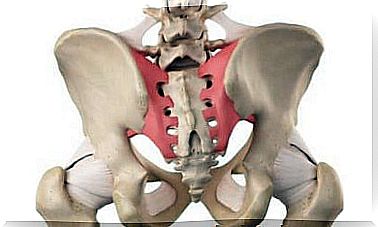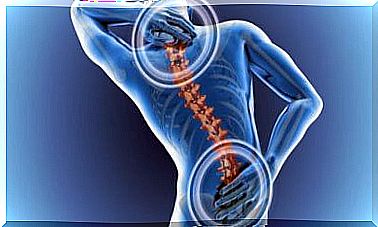How To Diet For The First Few Months Of Pregnancy
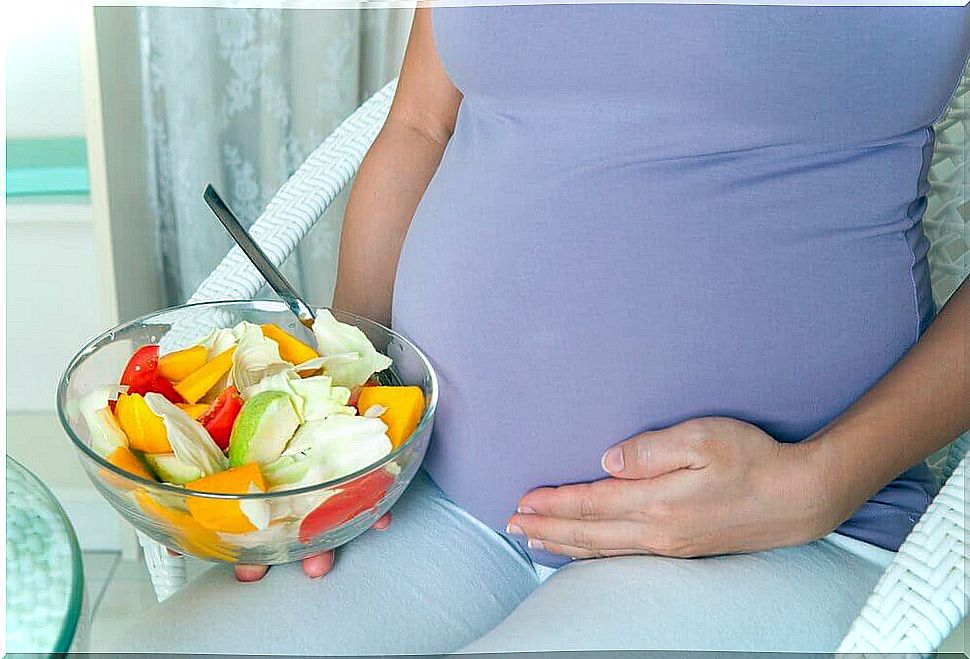
Adopting a good diet for the first months of pregnancy is crucial for the baby on the way. The nutrition that is obtained from a good diet is one of the keys for the development of the fetal organs to evolve in a favorable way.
Around this theme, there are many myths that lead mothers-to-be to make bad food choices. While it’s true that caloric needs increase, it’s not about “eating for two” or falling into some kind of excess.
As with other healthy eating plans, it consists of combining high quality foods that can provide all the energy and nutrients you need at this stage.
Considering this, not only is it avoided further complications in the health of the mother and fetus, but it also prevents various types of discomfort inherent in pregnancy, such as the feeling of tiredness, nausea and constipation.
What should be taken into account in the diet for the first months of pregnancy? What are the most recommended foods? To resolve these doubts, below we share the most important aspects.
Why is it so important to adopt a diet for the first few months of pregnancy?
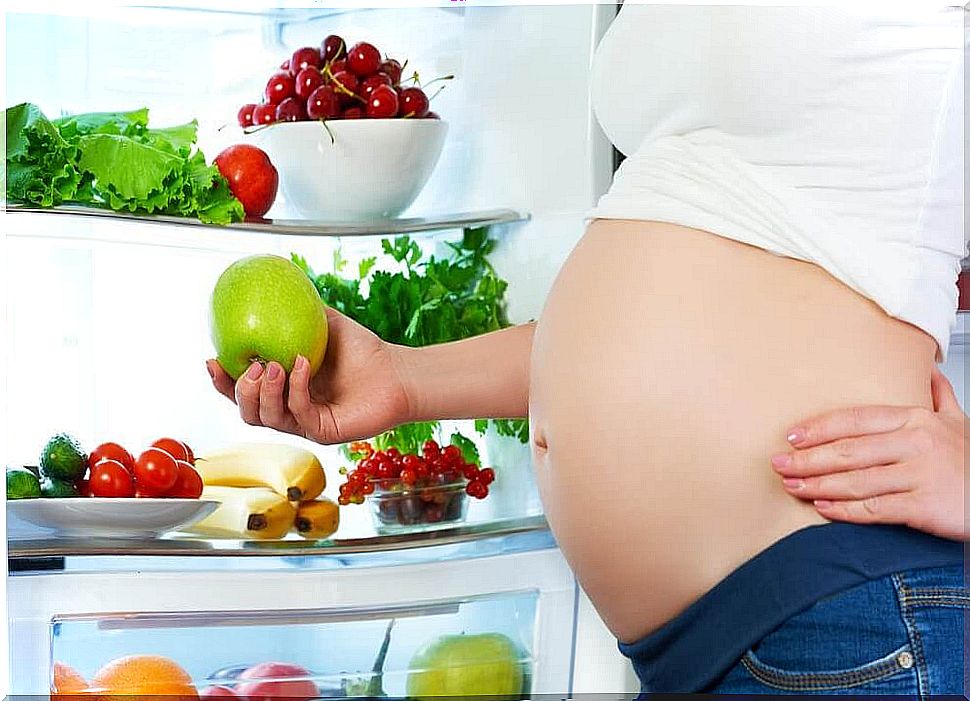
Pregnant women should be aware of the role diet plays in their baby’s development. This step brings with it some special nutritional needs that affect both the health of the fetus and the changes that the body undergoes.
Therefore, it is essential to know how to plan a good diet for the first months of pregnancy, considering that the number of calories increases slightly (about 150 more per day) and requires an additional dose of nutrients such as folic acid and iron.
It is not right to exclude meals, let alone eat twice as much. Although these extremes have always existed, today there is a special call for meals to be balanced, in fair proportions, with an appropriate caloric content.
Advice on eating a good diet in the early months of pregnancy
Having clear why it is so important to consider food in the first months of pregnancy, the next step is to know some basic advice for the diet to be well balanced and meet the requirements of this step.
Choose a variety of foods
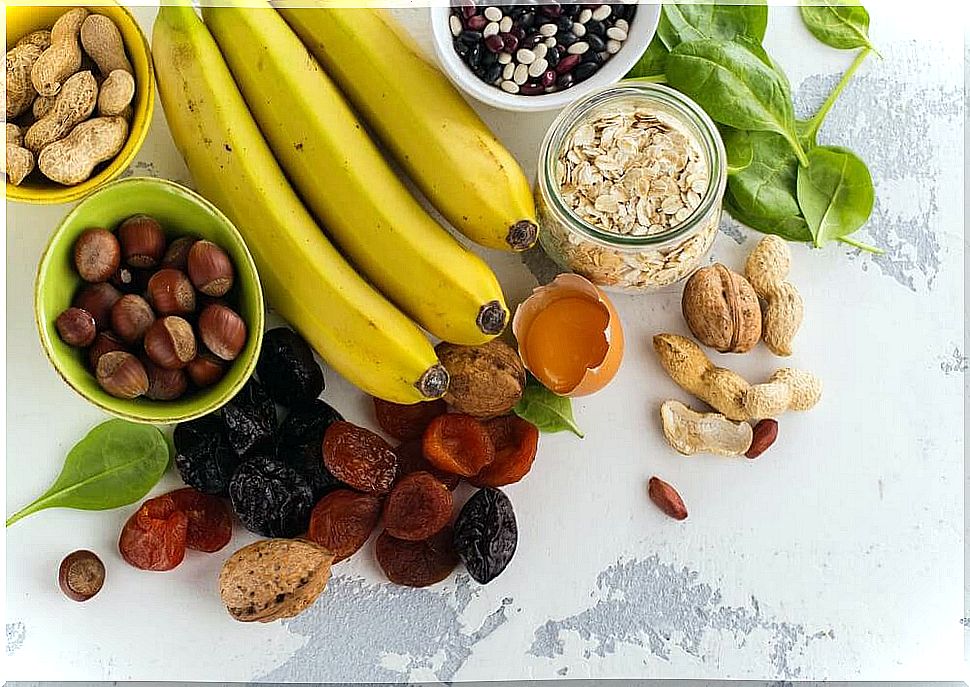
One of the pillars of any balanced eating plan is the choice of a variety of foods that allow you to meet all the body’s nutritional needs. During pregnancy, it is essential to increase the consumption of sources of:
- Fatty acids
- Proteins
- Iron
- Calcium
- Folic acid
In general, you can include all food groups, even if you make a suitable combination. For example, instead of consuming a lot of carbohydrates, you can eat larger portions of vegetables and fruits.
Recommended foods are:
- Cereals and Whole Grains
- fresh fruits and vegetables
- Low-fat dairy products
- Lean meats
- fatty fish
- Oilseeds and seeds
Drink plenty of fluids
In every pregnancy, it is essential to have an adequate intake of healthy fluids. Water participates in the functions of the main organs of the body, and also in the process of formation of the fetus.
Drinking a good amount of fluid each day helps to maintain the feeling of energy and, in turn, prevents typical problems such as constipation and fluid retention.
- The ideal is to consume between 8 and 10 glasses of water a day, either pure or in infusions.
eat regularly

Fasting or skipping one of the main meals can be very dangerous in these early months of pregnancy. In fact, this should be avoided throughout pregnancy and during breastfeeding.
It is advisable to eat regular meals so that the portions are divided into five or six meals a day. As always, you should make main dishes and snacks or snacks.
Each dish must increase its caloric content, without falling into excess. It is appropriate to add a maximum of 200 calories to the normal daily amount.
Take vitamin and mineral supplements
Vitamin and mineral requirements vary somewhat during pregnancy. Although many of the nutrients can be obtained with a good diet, it is sometimes necessary to resort to some supplements to absorb the necessary amount.
During the first few months of pregnancy calcium requirements go from 1000 milligrams to 1200 milligrams; folate increases from 170 micrograms to 400 micrograms; iron increases considerably, so its amount must be prescribed in each case by the doctor.
Are you worried about the issue of food in these first months of pregnancy? In addition to putting into practice the recommendations given, remember that it is necessary to avoid the consumption of alcoholic beverages, saturated fats and irritating foods.
Please note that the menu may vary depending on your needs. If you have any special condition, or if you are unable to resolve your doubts, consult a nutritionist.
